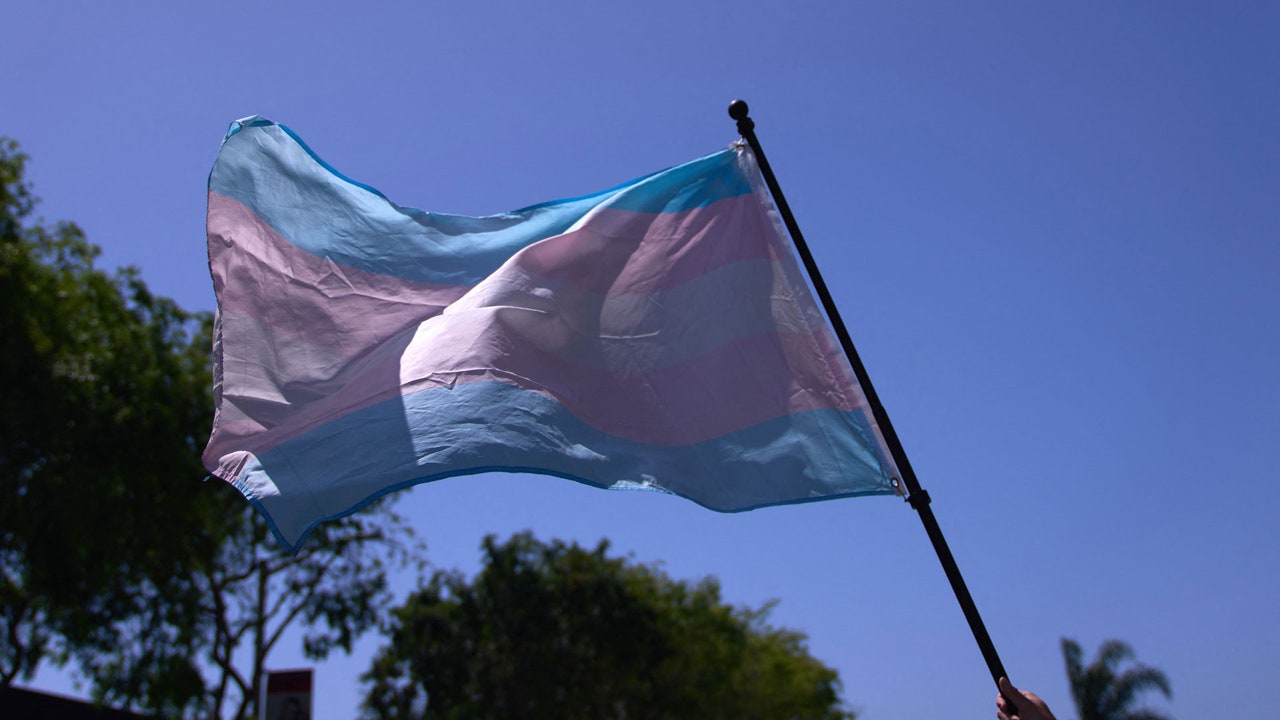
Utah just became the latest state to pass a so-called “bathroom bill” into law. The law bars trans students from using the bathrooms and locker rooms that align with their gender and also restricts access to changing rooms in government-owned facilities for trans people of all ages. HRC also noted that House Bill 257 is the first piece of anti-LGBTQ+ legislation to be filed, passed, and enacted since the start of 2024.
The Utah House passed House Bill 257 52-17 on January 19 and the Utah Senate voted 21-8 in favor of the bill on January 25. Governor Spencer Cox signed it into law on Tuesday.
Beyond being a “bathroom bill,” HB 257 has widespread, devastating consequences for trans Utahns. The law legally redefines sex and related terms according to individuals’ reproductive capacity. A “female” is defined as “an individual whose biological reproductive system is of the general type that functions in a way that could produce ova,” and a “male” is defined as “an individual whose biological reproductive system is of the general type that functions to fertilize the ova of a female.”
Trans people would also be hit with criminal penalties if they use bathrooms in government-owned buildings that align with their gender. Offenders could be charged with voyeurism and/or criminal trespass, misdemeanors that could lead to up to six months in jail and a $1,000 fine. The only exception is for trans people who have legally amended the sex marker on their birth certificate and undergone “a primary sex characteristic surgical procedure.” The bill does not outline how this might be verified.
Last but not least, trans students will also be required to make “privacy plans” with their schools in order to be granted access to unisex or single-occupant bathrooms. Failing that, students will be allowed to access sex-designated bathrooms “through staggered scheduling or another policy provision that provides for temporary private access.”
In a press release, Governor Cox stated, “We want public facilities that are safe and accommodating for everyone and this bill increases privacy protections for all.”
However, HB 257 could present significant privacy concerns not just for trans people, but for anyone who could be perceived as trans. The text of the law states that people who are cis will be able to present their birth certificate as “defense against an allegation that the individual is not eligible to access and use a sex-designated changing room.”
In a press release, Human Rights Campaign president Kelley Robinson called the legislation “an invasion of the privacy of Utahns.”
“No student should be denied access to the bathroom that aligns with who they are. No one should fear harassment in the most private of settings. Period,” she said.
She also pointed out that similar types of bathroom bans are being introduced around the country. According to the ACLU’s bill tracker, seven other public accommodations bans have been introduced in state legislatures this year so far, in Iowa, Kansas, South Carolina, Virginia, and West Virginia.
Utah lawmakers spoke out against the bill, with Salt Lake City officials saying that the bill “contradicts our commitment to being a safe and caring place for all,” according to a statement to local affiliate ABC 4. “We love and support the transgender community throughout Utah and will do all we can to continue to make Salt Lake City a bastion of safety and inclusion,” the city wrote.



